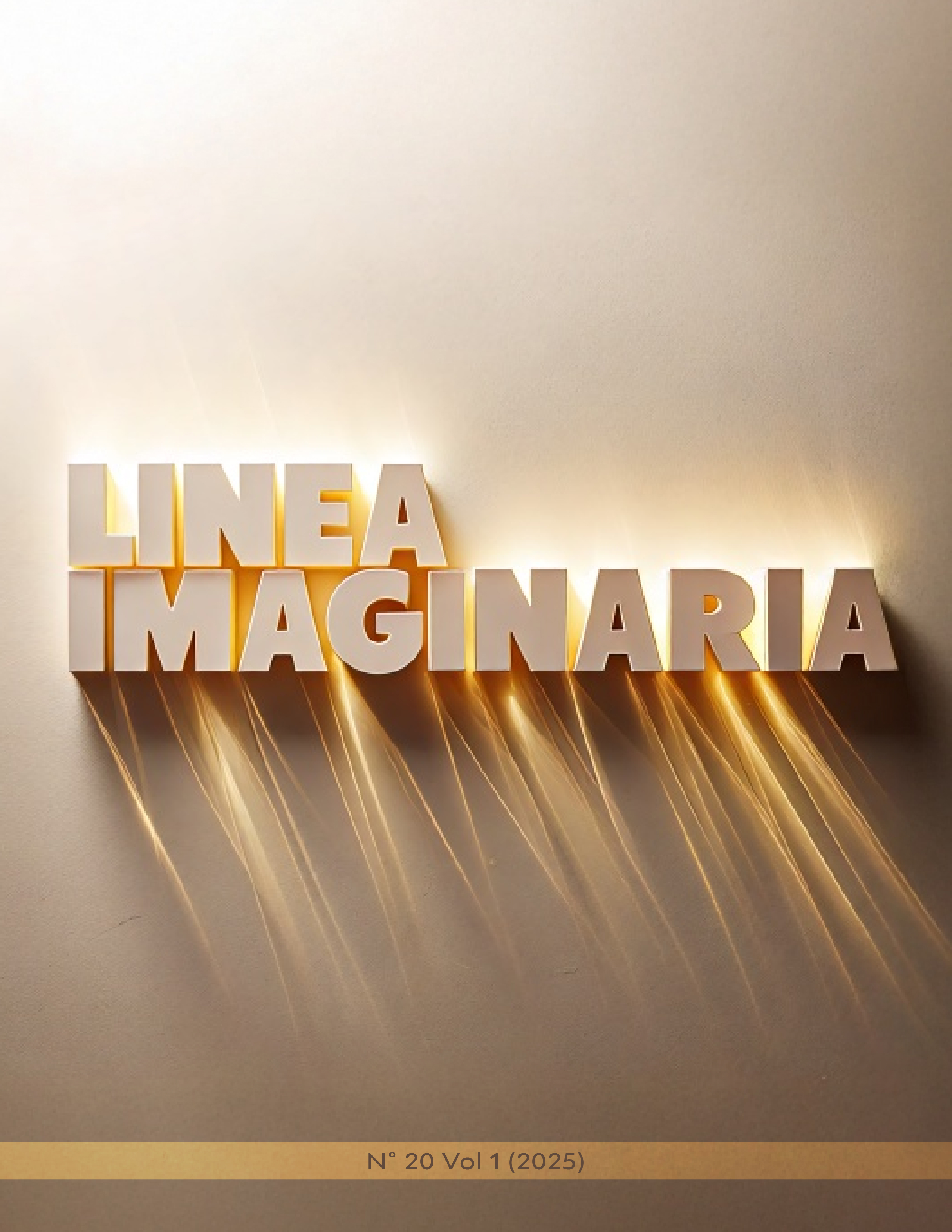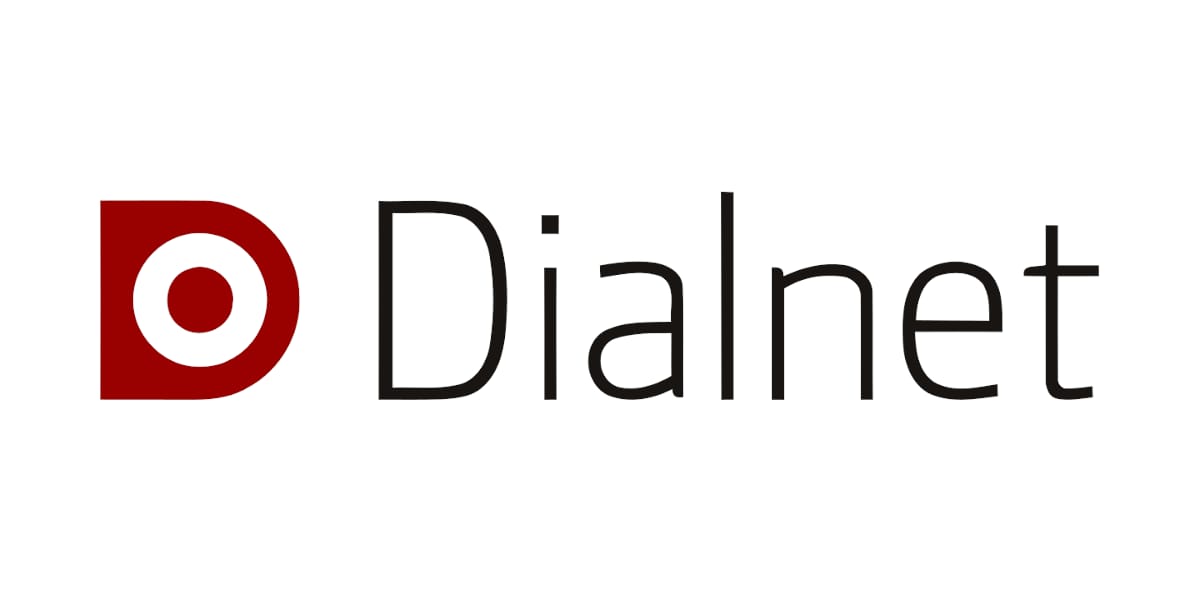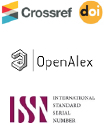POSTCONSTRUCTIVISM AND GEEMPA METHODOLOGY: INNOVATIONS IN EDUCATIONAL PRAXIS FOR THE 21ST CENTURY
DOI:
https://doi.org/10.56219/lneaimaginaria.v1i20.3716Keywords:
Postconstructivism, GEEMPA, praxis, innovation, pedagogyAbstract
This essay seeks to explore the field of postconstructivist theory and the GEEMPA methodology (Study Group on Education, Research Methodology and Action), a method originally developed in Brazil, in the contemporary educational context. Post-constructivism is a theory that emerges after constructivism, to give life to instances of learning that were not contemplated in it, thus offering a theoretical framework that questions absolute truths and manages to promote a more dynamic and pluralistic sense of education in the educational process. For its part, the GEEMPA methodology, created with the purpose of improving the teaching of reading and writing, allows the innovation of educational practices, clearly reflecting the principles of postconstructivism, where learning occurs in a full interaction that involves not only the three poles: the learner, reality and others, but also the figure of the “Other,” a concept that arises from the internalization of others, aspects that allow us to sustain and argue that the integration of this methodology in educational praxis offers effective responses to the challenges of the 21st century, also promoting, a more inclusive learning, fostering otherness and organizing provocations so that students are able to generate their own hypotheses in the learning process. The essay provides insight into both the theoretical foundations and practical applications of the GEEMPA methodology, to innovate the daily educational practice and allow for a true education where “all students can learn”.
Downloads
References
Baquero, R. (2012). Vigotsky y el aprendizaje escolar (5ª ed.). Aique Grupo Editor. https://drive.google.com/file/d/1owwwBAgKTQAAzCBABbH0OPaSiR37tSJx/view
Castorina, J. A. (2014). Desarrollo del conocimiento social: Prácticas, discursos y teoría. Miño y Dávila Editores. https://books.google.com.co/books/about/ DESARROLLO_DEL_CONOCIMIENTO_SOCIAL.html?id=vsfXSAAACAAJ&redir_esc=y
Coll, C., Palacios, J., y Marchesi, A. (2019). Desarrollo psicológico y educación: Respuestas educativas a las dificultades de aprendizaje (3ª ed.). Alianza Editorial. https://archive.org/details/collc.-palaciosj.-marchesia.-desarrollo-psicologico-y-educacion.-2.-psicologia-d
De Zubiría Samper, J. (2015). Los modelos pedagógicos: Hacia una pedagogía dialogante (4ª ed.). Magisterio Editorial. https://bibliotecadigital.magisterio.co/ libro/los-modelos-pedag-gicos-hacia-una-pedagog-dialogante
Dussel, I., y Caruso, M. (2015). La invención del aula: Una genealogía de las formas de enseñar. Santillana. https://drive.google.com/file/d/0B01w2UytKKSrR 3hJd0JmTFJlWlk/view?resourcekey=0-tyzksXqHeRK1SNurgvZE6Q
Ferreiro, E. (2016). Alfabetización: Teoría y práctica. Siglo XXI Editores. https://archive.org/details/ferreiro-e.-alfabetizacion-teoria-y-practica
Kamii, C., y DeVries, R. (2013). La teoría de Piaget y la educación preescolar (4ª ed.). Visor. https://books.google.com.co/books/about/La_teor%C3%ADa_de _Piaget_y_la_educaci%C3%B3n_pre.html?id=FVgtAAAACAAJ&redir_esc=y
Meirieu, P. (2016). Aprender, sí. Pero ¿cómo? (9ª ed.). Octaedro. https://archive.org/details/meirieu-ph.-aprender-si-pero-co-mo
Pain, S. (2012). Diagnóstico y tratamiento de los problemas de aprendizaje. Nueva Visión. https://miel.unlam.edu.ar/data/contenido/3363/6---Sara-Pain-Diagnostico-y-tratamiento-de-los-problemas-de-aprendizaje.pdf
Palacios, A. N., Morillo, J. P., & González, A. I. (2019). Educación en y para la democracia. https://www.redalyc.org/journal/279/27961483005/html/
Perrenoud, P. (2012). Cuando la escuela pretende preparar para la vida: ¿Desarrollar competencias o enseñar otros saberes? Graó. https://www.redage.org/publicaciones/cuando-la-escuela-pretende-preparar-para-la-vida-desarrollar-competencias-o-ensenar
Salmerón Pérez, H., & Gutierrez-Braojos, C. (2012). LA COMPETENCIA DE APRENDER A APRENDER Y EL APRENDIZAJE AUTORREGULADO.POSICIONAMIENTOS TEÓRICOS. EDITORIAL. Profesorado. Revista de Currículum y Formación de Profesorado, 16(1), 5-13. https://www.redalyc.org/pdf/567/56724377001.pdf
Teberosky, A., y Soler, M. (2020). Contextos de alfabetización inicial (2ª ed.). Horsori Editorial. https://books.google.com.co/books/about/Contextos_de_alfabetizaci %C3%B3n_inicial.html?id=e4YEMQAACAAJ&redir_esc=y
Vergnaud, G. (2009). The Theory of Conceptual Fields. Human Development, 52(2), 83-94. https://www.each.usp.br/cmapping/iiciclo/artigo-marco.pdf DOI: https://doi.org/10.1159/000202727
Wallon, H. (2007). La evolución psicológica del niño. Crítica. https://es.scribd.com/document/212479494/WALLON-La-evolucion-psicologica-del-nino
Downloads
Published
How to Cite
Issue
Section
License
Copyright (c) 2025 LÍNEA IMAGINARIA

This work is licensed under a Creative Commons Attribution-NonCommercial-ShareAlike 4.0 International License.
La revista Línea Imaginaria conserva los derechos patrimoniales (copyright) de las obras publicadas, que favorece y permite la reutilización de los mismos bajo la licencia Creative Commons Atribución-NoComercial-CompartirIgual 4.0 , por lo cual se pueden copiar, usar, difundir, transmitir y exponer públicamente, siempre que se cite la autoría y fuente original de su publicación (revista, editorial, URL y DOI de la obra), no se usen para fines comerciales u onerosos y se mencione la existencia y especificaciones de esta licencia de uso. Si remezcla, transforma o crea a partir del material, debe distribuir su contribución bajo la misma licencia del original.















